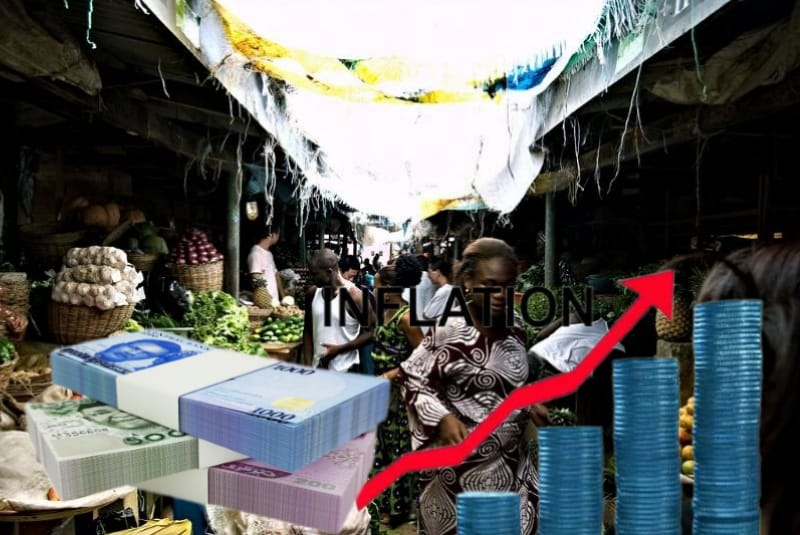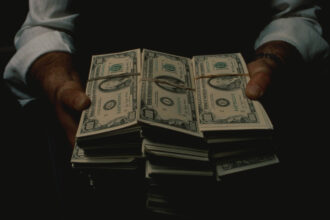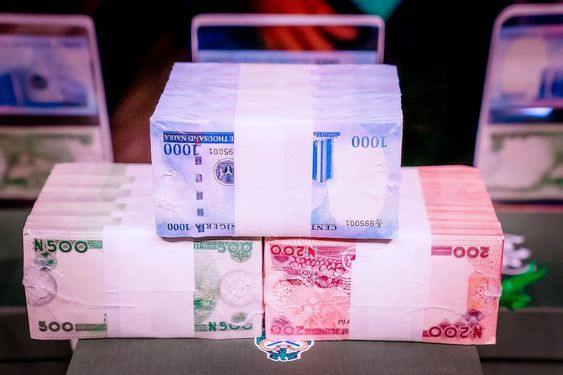The Nigerian Naira experienced a significant appreciation against the US dollar in March 2024, showcasing a notable shift in the country’s exchange rate policy.
Official reports reveal that by the end of the month, the Naira was valued at N1309/$1, a substantial increase from N1595.11/$1 recorded at the close of February 2024.
This remarkable 21.8% surge reflects the positive outcomes of various foreign exchange policies, strategies, and interventions implemented by the Central Bank of Nigeria (CBN) to enhance the stability and resilience of the national currency.
Notably, the parallel market also witnessed a significant recovery, with the exchange rate improving from N1600/$1 in February to N1250/$1 in March, indicating a 28% gain within a month and underscoring the efficacy of measures taken to bridge the gap between the official and unofficial currency markets.
These gains in both the official and parallel markets represent the most substantial improvements observed in over five years, following a period where the exchange rate remained relatively stagnant at around N450/$1 for nearly two years and approximately N380/$1 between 2020 and early 2021.
The CBN initiated actions to address suspected instances of excessive foreign currency speculation and hoarding by Nigerian banks, as outlined in a circular titled “Harmonisation of Reporting Requirements on Foreign Currency Exposures of Banks.”
By imposing restrictions on banks’ Net Open Position (NOP), the CBN aimed to curb speculative activities and ensure that only legitimate forex demands were being met, thereby fostering a more transparent and stable foreign exchange market.
Furthermore, the apex bank announced the successful clearance of the valid foreign exchange backlog, settling obligations amounting to $1.5 billion to bank customers and effectively eliminating the residual balance of the FX backlog.
Policies implemented in the retail sector have played a crucial role in strengthening the exchange rate. One such policy involves allocating $20,000 to each Bureau De Change (BDC) at a competitive rate, while also removing the exchange rate cap for International Money Transfer Operators.
These measures have had a positive impact on the retail end of the market. Additionally, the apex bank has introduced new guidelines that require BDC operators to have increased share capital, with Tier 1 and Tier 2 licenses requiring N2 billion and N500 million, respectively. To manage demand, the apex bank has set a cap of $10,000 per customer annually for foreign currency purchases related to school fees.
This transaction must be conducted through the BDC’s domiciliary account with a Nigerian bank, ensuring direct payment to the educational institution. Another significant policy has been the crackdown on the cryptocurrency platform, Binance, which is accused of manipulating the exchange rate system. Nigerian authorities have taken action by blocking web access to cryptocurrency exchanges and detaining Binance executives who had traveled to Abuja.
In response, Binance has removed the naira for trading on its website. This move has eliminated a major benchmark for price gouging, marking a significant development in the market.








